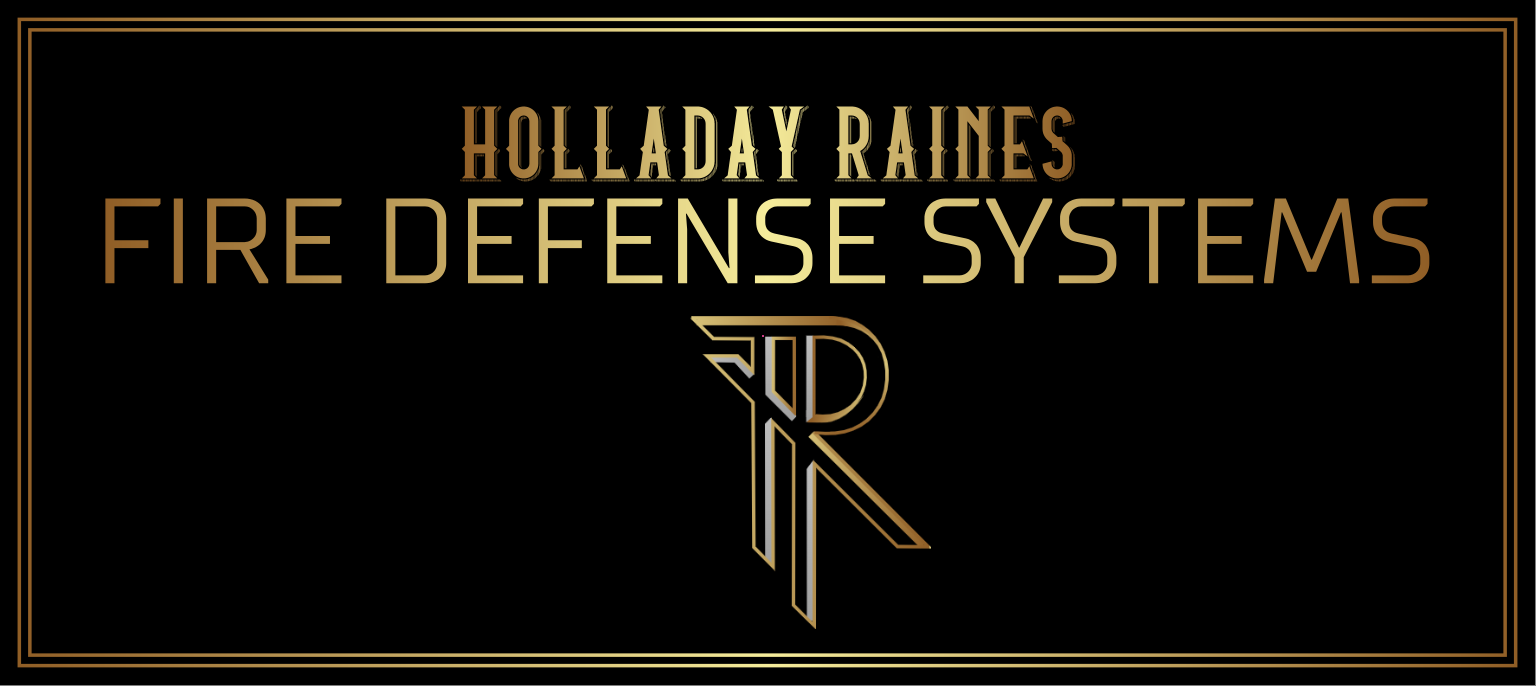Once you’re part of a Fire-Wise Community, there are key responsibilities that come with the commitment. These responsibilities not only protect individual properties but also contribute to the safety of the entire neighborhood. Some of these include:
1. Creating Defensible Space Around Your Property
One of the most critical aspects of reducing wildfire risk is creating defensible space. This involves clearing combustible materials (like dead leaves, branches, or dry grass) around your home, maintaining space between trees, and using fire-resistant landscaping. Here are some key steps you can take:
Trim trees and bushes, especially near your house.
Clear brush and other vegetation that could catch fire.
Remove any dead trees, leaves, or other debris that can serve as fuel.
Install fire-resistant roofing and materials when remodeling your home.
2. Participating in Community-Wide Fire Mitigation Efforts
Fire-Wise Communities often organize group efforts, such as:
Defensible space cleanup days: Volunteers come together to clear brush or maintain firebreaks, which are gaps in vegetation that can slow or stop the spread of a wildfire.
Fire-resistant plant swaps: Communities can exchange non-flammable plants to reduce fire risks.
Fire drills and evacuation plans: Practicing evacuation procedures helps ensure that everyone knows how to act if a wildfire does occur.
3. Educating Yourself and Others About Fire Safety
Education is a crucial part of being a Fire-Wise Community member. You should familiarize yourself with:
Fire safety measures and emergency response plans: Knowing how to respond during a fire is just as important as preventing one.
Evacuation routes and shelters: Understanding the best routes for evacuation can save valuable time in an emergency.
Local fire risks and alerts: Stay informed about local fire risks through early warning systems and keep an eye on fire conditions, especially during high-risk months.
4. Advocating for Fire Safety in Your Community
As a member of a Fire-Wise Community, you become an ambassador for fire safety. You can advocate for fire preparedness by:
Promoting fire safety at local events and in community meetings.
Encouraging your neighbors to participate in Fire-Wise programs and mitigation efforts.
Working with local governments or fire departments to improve fire safety measures and local building codes.
